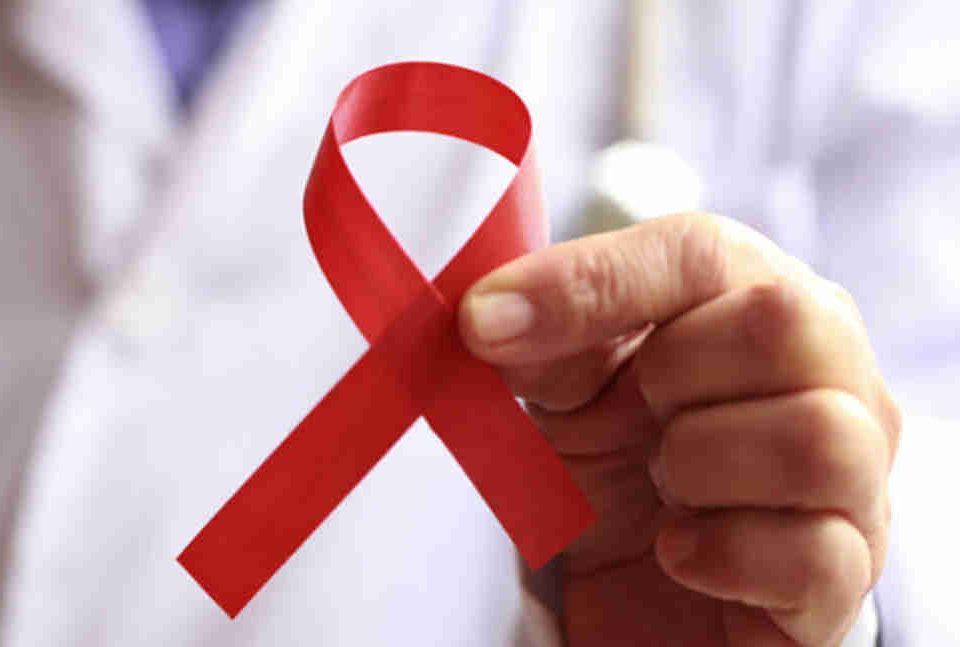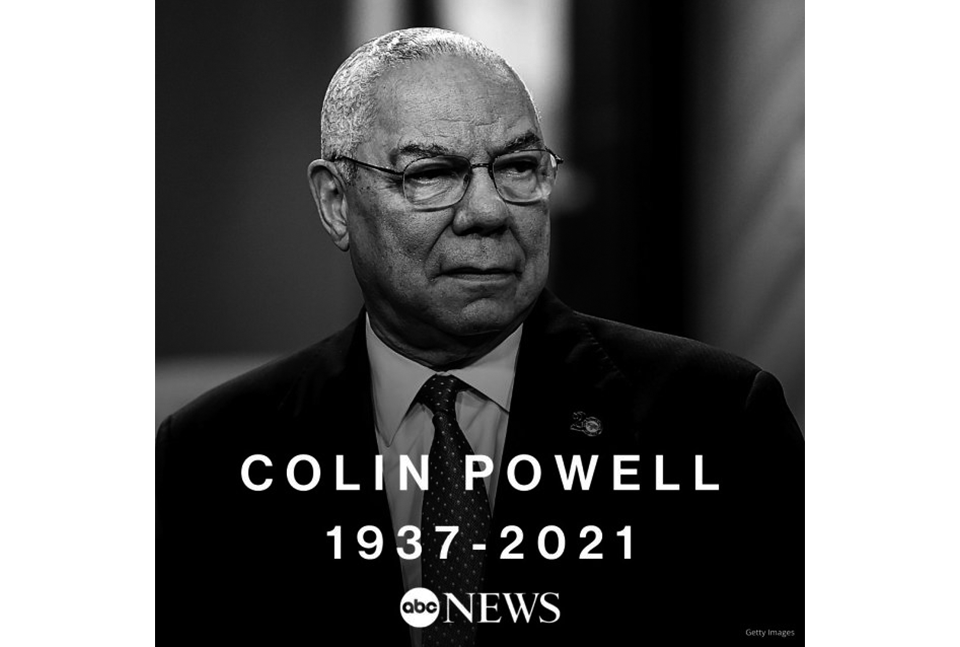- 如有疑问,请联系电邮
- customer@ihealth66.com
USNEWS:为什么妈妈应该问医生关于母乳喂养和减少癌症风险的问题?

加州大学洛杉矶分校医学中心(UCLA Medical Center, Los Angeles, Calif.)
2018年12月24日
最新临床试验:纳武单抗治疗肾切除术后局部肾癌
2018年12月25日By Bhuvana Ramaswamy, MD
新妈妈们都知道母乳喂养通常是他们怀孕后首先要面对的决定之一。对许多女性来说,母乳喂养是受到鼓励的,因为它对新生婴儿的健康起着重要作用,并且与降低婴儿死亡率、预防感染和促进婴儿的整体发育密切相关。但新妈妈们也必须知道的就是,研究已经将母乳喂养与女性自身的健康紧密联系起来:降低患乳腺癌的风险!然而,大多数妇女并没有从医生那里了解到这些信息。Ramaswamy医生,医学博士,俄亥俄州立大学综合癌症中心——詹姆斯癌症医院和Arthur G. Richard J. Solove研究所副教授,乳腺肿瘤科主任,是乳腺疾病研究方面的专家,在临床从业的过程中,不仅专注于患者治疗,也进行着乳腺肿瘤的基础研究。他极力提倡如何降低乳腺癌的预防措施,本篇文章即是他关于此问题的医学科普文章。
MOMS KNOW THAT breastfeeding is often one of the first decisions they’re confronted with after pregnancy. For many women, breastfeeding is encouraged because it plays an important role in the health of their newborn baby, and has been tied to improving infant mortality, preventing infections and contributing to the infant’s overall well-being. Moms might also know that studies have linked breastfeeding to an important health benefit: the reduced risk of breast cancer. However, most women aren’t learning about this information from their doctor, and as patient advocates, this is something the medical community needs to change.
Awareness Influences Decision Making
A survey conducted by my colleagues and I at The Ohio State University Comprehensive Cancer Center – Arthur G. James Cancer Hospital and Richard J. Solove Research Institute found that among women who have had at least one pregnancy, 59 percent of women knew about the link between breastfeeding and breast cancer. For those who said they did breastfeed, around 38 percent said the knowledge of this link had influenced their decision. Interestingly, among those women who did not breastfeed, around 60 percent said that if they would have known about the reduced risk, it would have influenced their decision to breastfeed. For African-American women who are at a higher risk of being diagnosed with triple negative breast cancer, hearing this information might make a significant difference for cancer prevention.
Looking for Answers
With women’s health on the line, who exactly is broadcasting this information? In the survey, only 16 percent of women had received this news from their health care provider when they were going through pregnancy or childbirth. To find this information, moms often go online and find it in forums or groups. In general, however, information from practitioners is the best way to influence positive behavioral change. With the medical community, midwives, PCPs and providers advocating for their patients, they can help make this link clear to mothers which, in turn, can help lower their risk of developing certain cancers and diseases.
How to Spread the Word
Breastfeeding as a lifestyle behavior is a complex, personal decision, often influenced by societal and cultural values. Though it’s impractical to expect every mother to be able to breastfeed, here are some ways to help spread the word to those who are able:
- Moms should ask doctors the questions – any and all – they have regarding their decision to breastfeed.
- Doctors should ensure mothers are getting reliable information that discusses the benefits of breastfeeding, before, during and after pregnancy.
- For women at risk of developing high-mortality cancers, doctors should proactively seek to call their attention to the link between breastfeeding and breast cancer risk.
Breastfeeding is a personal choice, and doctors must realize the communal role they play in ensuring the health of the individual – it’s time to speak up.





